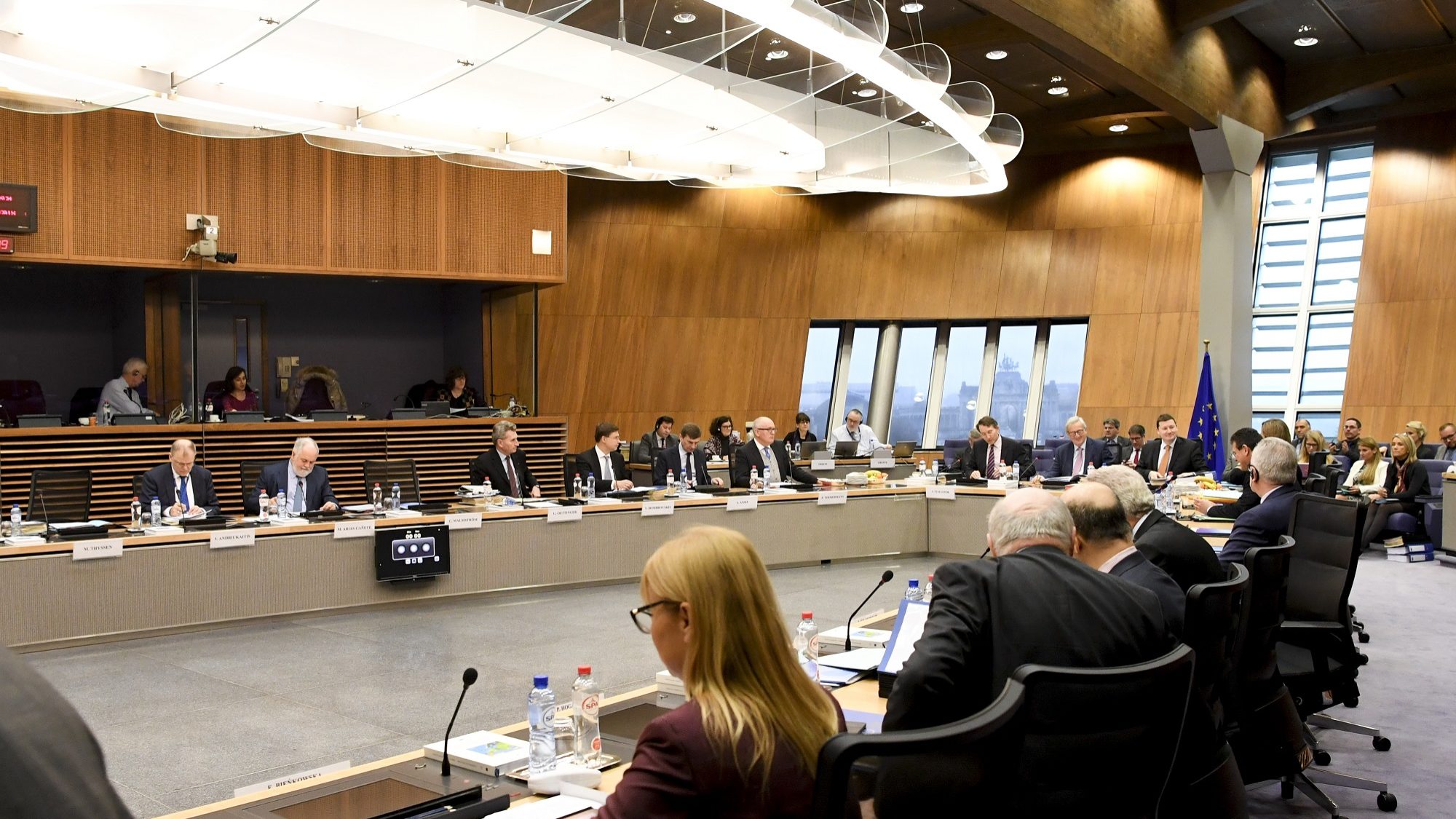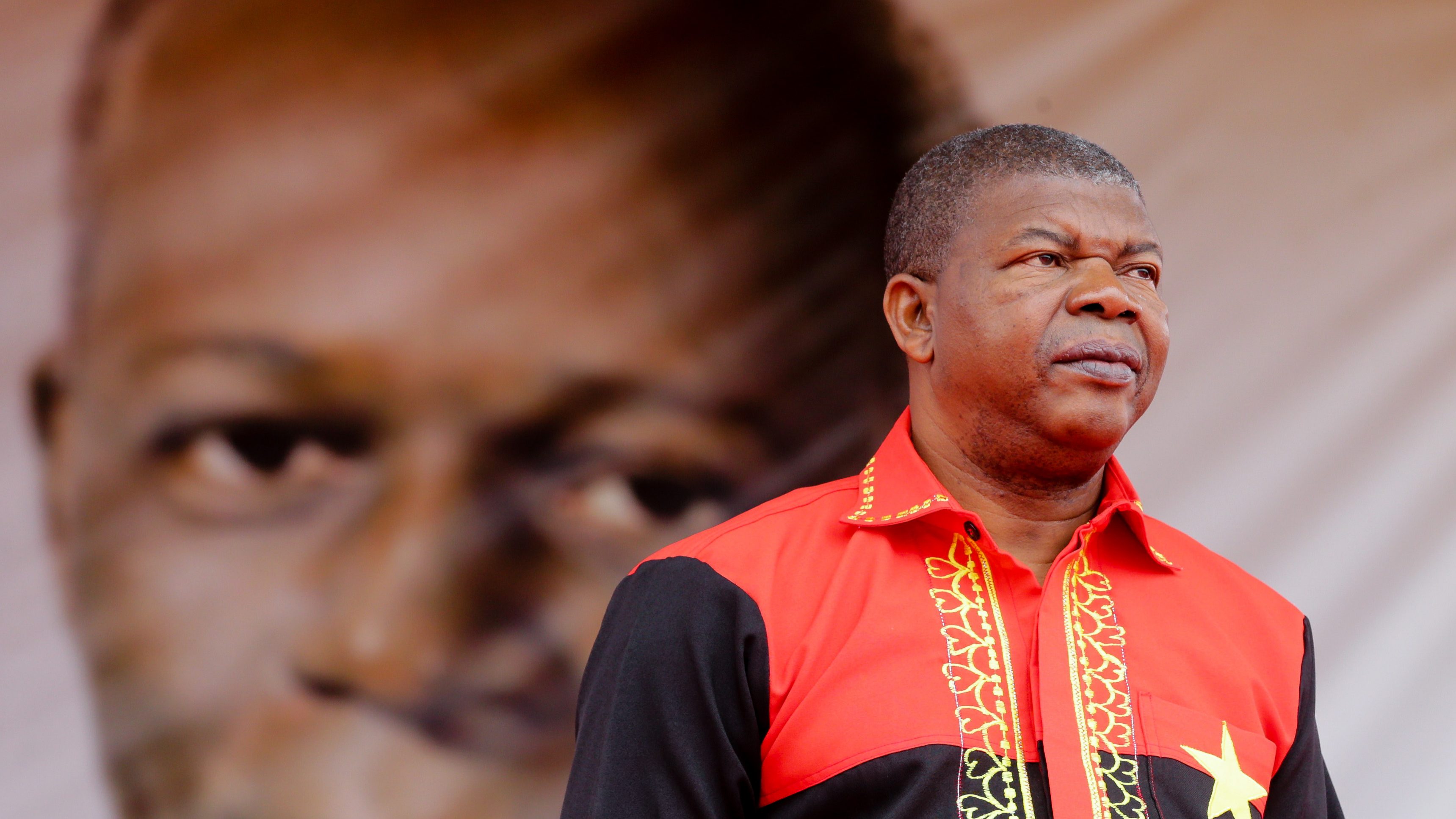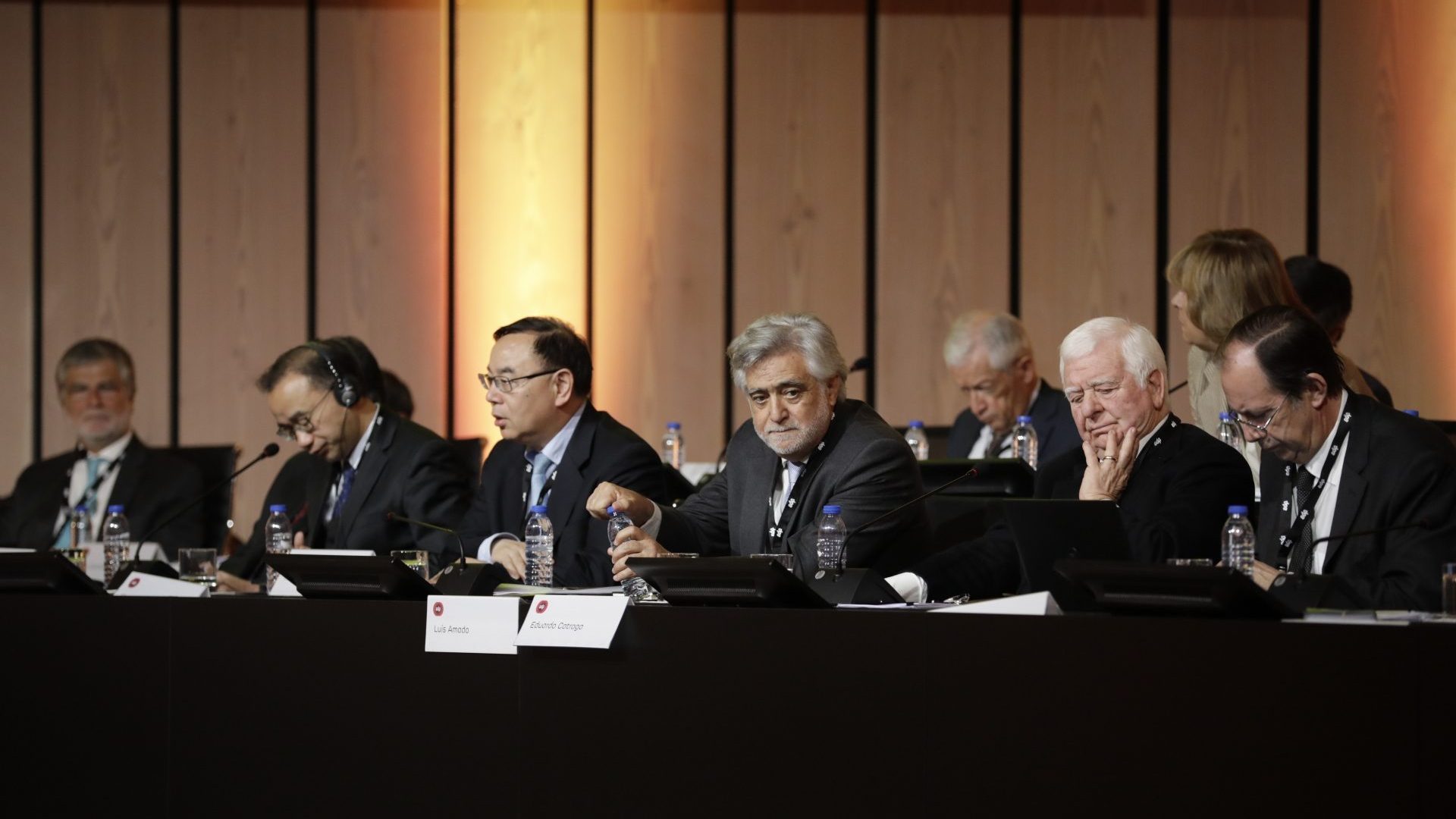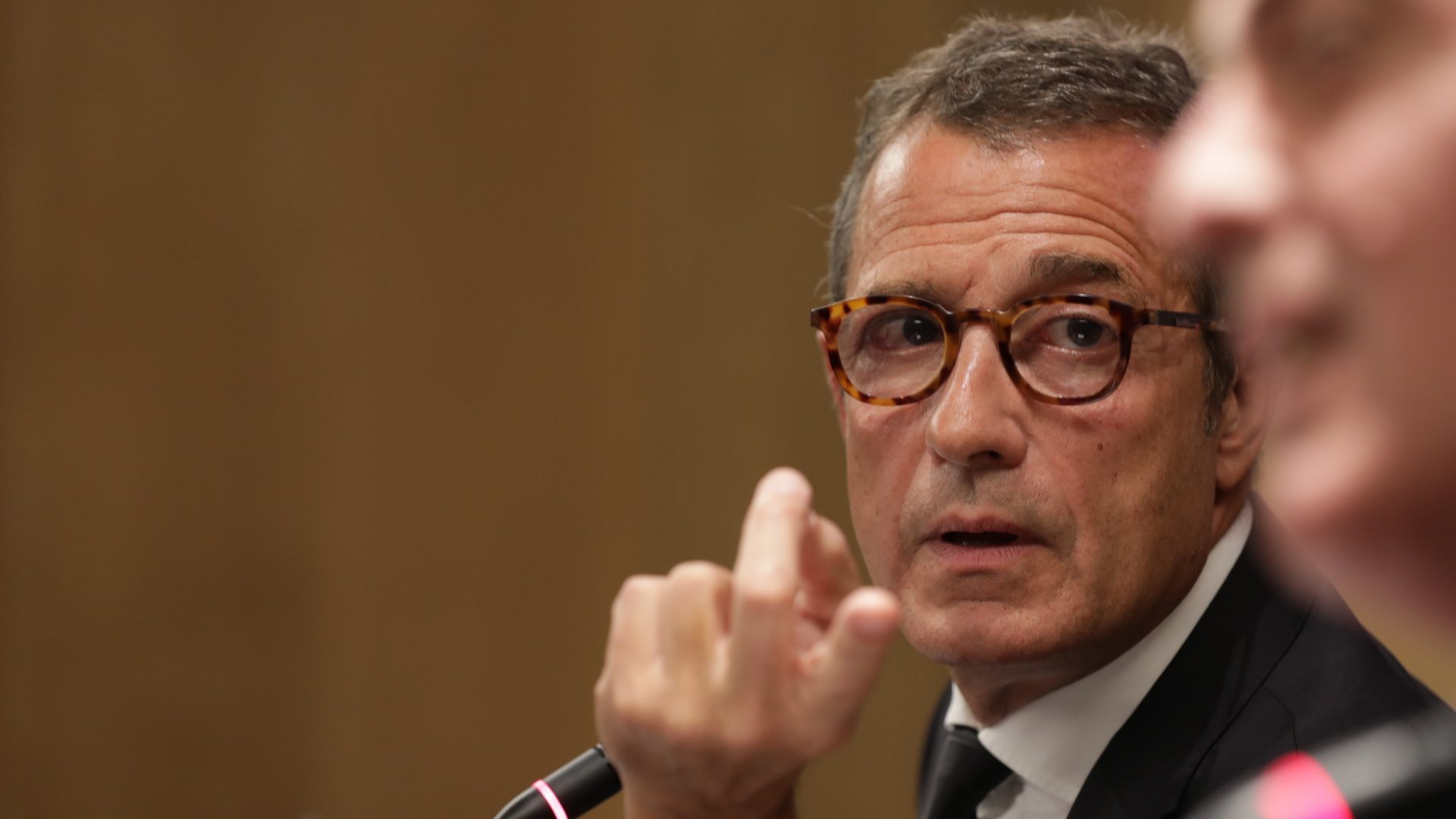Chinese President, Xi Jinping, visits Portugal in December
Xi Jinping has visited Spain earlier this week and will be in Portugal on the 4th and 5th of December. China wants to strengthen cooperation with the Iberian states.
This week, Spain, Argentina, Panama and Portugal are to welcome the President of the People’s Republic of China, Xi Jinping. The President started by a two-day visit to our neighbouring country Spain, then heading to Argentina for a G-20 Summit, and after that, he will be in Panama and Portugal.
For China, increasing cooperation with Portugal and Spain is especially important at the moment given the recent change in attitudes regarding Chinese investment in Europe and the growing tension caused by the US-China trade war. The visit “takes place at a time of growing suspicion in the West about its [Xi Jinping’s] global strategy that has triggered a trade war with the US and warnings from European Union officials”, the Portuguese news agency, Lusa, noted.
China and the US have been on a trade war since July this year, progressively increasing barriers, with both countries adopting protectionist and unilateral approaches to trade.
Last week, the European Union reached an agreement on the creation of a new set of rules which prevents countries like China from investing in the EU’s most strategic technologies, utilities and infrastructures. The deal was proposed by France, Germany and the former Italian government, and shall need the support of all EU member states, some of which have welcomed Chinese investment and therefore are resistant to the new rules.
During his visit to the country, which is planned for the 4th and 5th of December, Xi Jinping shall sign a cooperation agreement with Portugal in the energy sector, according to the vice-minister of the PRC.
The cooperation agreements between the countries will reach a wide range of topics: from infrastructures to culture, education, science and technology, water preservation, quality control, energy and finances. According to Wang Chao, the President will meet with the Portuguese head of state, Marcelo Rebelo de Sousa, with the President of the Parliament, Ferro Rodrigues, and with the Prime Minister, António Costa.
In October this year, our Foreign Affairs minister had announced, while in Beijing, that Portugal and China were drafting a deal in the context of the Belt and Road Initiative (BRI), an infrastructure multibillion-dollar plan which aims at increasing commerce between Asia, Africa, the Middle East and Europe, proposed in 2013 by the Chinese head of state. The plan’s similarities to the US’s post-war Marshall Plan, which aimed at rebuilding Europe, is seen as a “state-backed campaign for global dominance”, as the Guardian noted.




